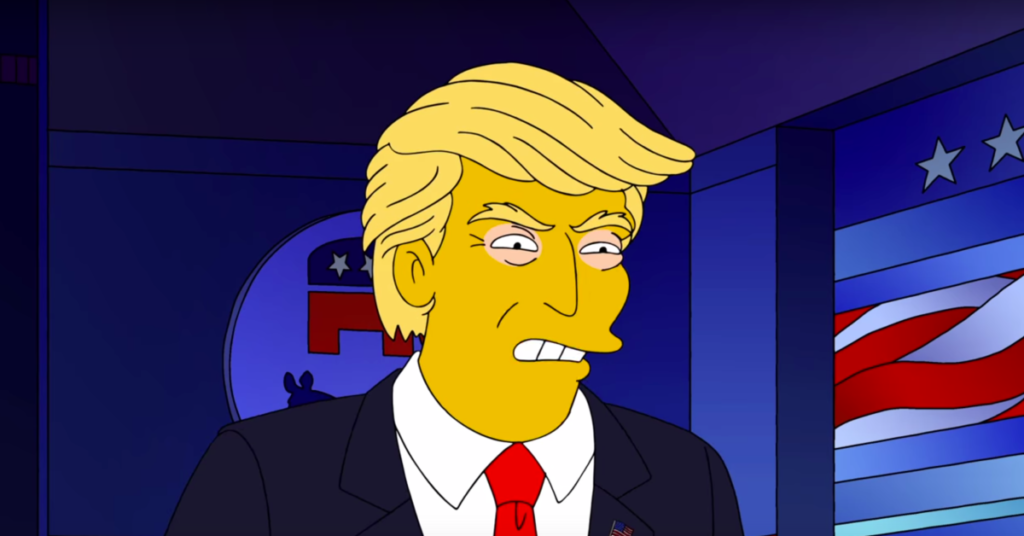Overview of the Situation
In a significant development during the 2024 US presidential campaign, Elon Musk’s social media platform, X (formerly Twitter), came under scrutiny for blocking links to hacked materials related to Donald Trump’s campaign. The incident raised concerns about the platform’s handling of sensitive information, especially in the context of political influence and free speech. This article delves into the events leading to X’s decision to block the links, the involvement of both Musk and Trump’s campaign, and the broader implications for media censorship in the digital age.
Background: The Hacked Trump Campaign Materials
In September 2024, a dossier of sensitive materials from former President Donald Trump’s campaign surfaced on social media, allegedly leaked by an Iranian government-backed hacking operation. The materials included internal communications and strategic documents concerning Trump’s running mate, Senator JD Vance, with personal details like his home address and part of his social security number exposed.
Journalist Ken Klippenstein published the dossier on his Substack platform, drawing significant attention. Klippenstein’s post linked to a PDF containing the hacked documents, which sparked a debate over the ethics and legality of sharing such information. Despite the sensitivity of the materials, Klippenstein’s publication gained traction on social media, particularly on X, where it was widely shared before the platform intervened.
X’s Response: Blocking Links and Banning the Journalist
Shortly after the publication of the hacked materials, X took swift action to block links to the dossier and suspended Klippenstein’s account for violating the platform’s rules regarding private information. Initially, X spokespersons indicated that Klippenstein’s suspension was temporary. However, he later revealed a screenshot showing that his account had been permanently banned from the platform, raising questions about the transparency and consistency of X’s content moderation policies.

Trump Campaign’s Role in X’s Decision
According to a source familiar with the matter, the Trump campaign had engaged in discussions with X officials prior to the platform’s decision to block the links to the hacked materials. While the campaign was aware of the materials circulating online, the source emphasized that the Trump team did not explicitly ask X to remove the links or take action against Klippenstein. The decision to block the materials and suspend the journalist, according to this account, was made independently by X. Nevertheless, the communication between the Trump campaign and X raised concerns about potential political bias and influence on Musk’s platform.
The New York Times was the first to report on this communication, highlighting Musk’s increasingly close ties with Trump’s campaign. This connection, alongside Musk’s financial support for pro-Trump causes, fueled speculation that X’s decisions might be politically motivated, especially given Musk’s public endorsement of Trump and his frequent interactions with the former president on social media.
Comparisons to Meta’s Approach
The actions taken by X were notably more aggressive than those of other social media platforms. Meta (formerly Facebook) adopted a more restrained response to the hacked materials, blocking users from sharing Klippenstein’s newsletter while allowing the journalist to retain his presence on both Instagram and Facebook. Meta justified its decision by referencing its policies on foreign government interference and the distribution of hacked materials aimed at influencing US elections.
In a statement, Meta explained:
“Our policies do not allow content from hacked sources or content leaked as part of a foreign government operation to influence US elections. We will be blocking such materials from being shared on our apps under our Community Standards.”
This divergence in approach between X and Meta sparked further debate on how social media platforms should handle sensitive political content, particularly when it involves hacked or leaked materials.
Broader Implications of X’s Actions
The controversy surrounding X’s decision to block the hacked materials has broader implications for the platform’s commitment to free speech and its handling of political content. Elon Musk, who acquired Twitter in 2022 and rebranded it as X, has frequently positioned himself as a champion of free expression and a critic of censorship. His decision to selectively release internal company documents, dubbed the “Twitter Files,” aimed to expose alleged government pressure on social media companies to censor content. One of the most notable instances Musk cited was Twitter’s decision in 2020 to suppress a New York Post article about Hunter Biden, a move that was widely criticized by conservatives.
However, the recent actions against Klippenstein appear to contradict Musk’s free speech stance. By blocking links to the hacked materials and banning the journalist responsible for their publication, X seems to be taking a more heavy-handed approach to content moderation, particularly when the content is potentially damaging to Trump’s campaign.
Allegations of Favoritism Toward Trump
The decision to block the hacked materials and the ban on Klippenstein also raised questions about favoritism toward Trump on Musk’s platform. Musk has used his vast reach on X, where he boasts over 201 million followers, to frequently promote Trump’s candidacy and criticize his political opponents. In addition to public endorsements, Musk has also donated significant sums of money to a pro-Trump super PAC. His visible support for Trump has led to allegations that X’s content moderation policies might be influenced by Musk’s personal political leanings.
Musk’s close relationship with Trump was further cemented when he appeared alongside the former president at a campaign event in Butler, Pennsylvania, on October 5, 2024. During the event, Musk publicly endorsed Trump and criticized Vice President Kamala Harris. In a separate interview with Tucker Carlson, Musk expressed concerns about the outcome of the election, stating that if Trump were to lose, he would be “f–ked,” hinting at the personal and financial stakes he has in the election’s outcome.
Conclusion: The Evolving Role of Social Media in Politics
The events surrounding X’s decision to block links to hacked Trump campaign materials underscore the increasingly complex role that social media platforms play in politics. As digital public squares, platforms like X and Meta are constantly balancing free speech with the need to prevent the spread of harmful or misleading information. In the case of X, Elon Musk’s involvement in the platform’s decision-making processes has sparked concerns about potential bias and favoritism, especially in the lead-up to the 2024 election.




Pingback: Trump’s Extreme Vision for America: A Challenge for Kamala